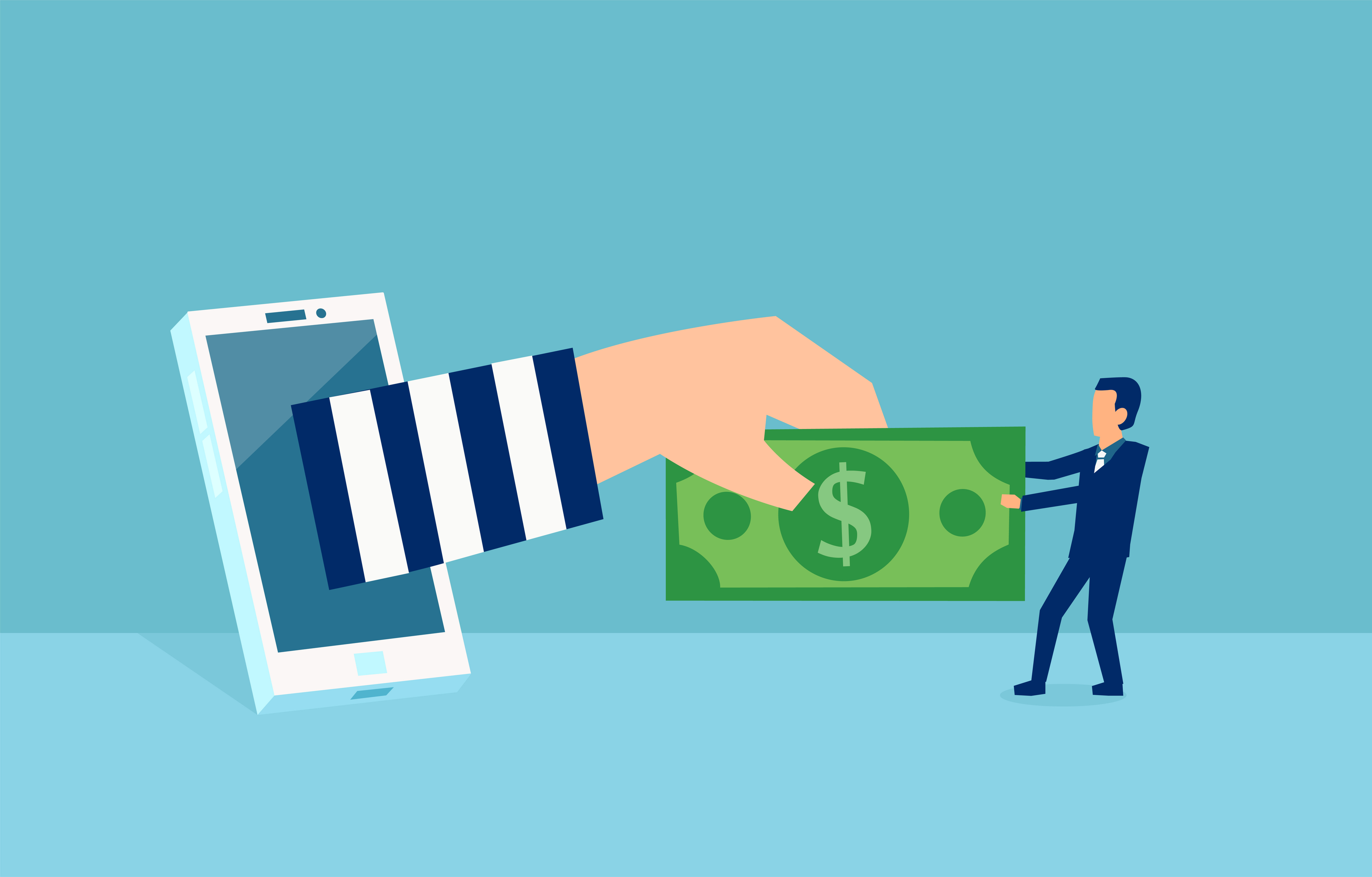September 18, 2023
Protect Your Money: a Quick Guide

Phishing scams, where scammers can pose as banks through emails, texts, or calls, put people at risk of losing money. ABA's #BanksNeverAskThat campaign empowers consumers to recognize these scams and offers tips to avoid falling victim.
-
Phishing Defined: Scammers pretend to be familiar companies or people to trick you into sharing personal info. They might ask for passwords, bank details, or make you click on links to steal your money and identity.
-
The Trap: Scammers mimic trusted names and may even use personal info to seem legitimate. Urgent requests to share info immediately are red flags. They can also install harmful programs through links, accessing your data.
-
Stay Safe: Take time to verify requests. Don't share info with unknown callers. If in doubt, call back using official numbers. Don't click suspicious emails; visit websites directly. Use multi-factor authentication and unique passwords. Back up data and stay updated on scams.
-
Recognize Scams: Be cautious if an unfamiliar source requests account info. Poor grammar or a suspicious feeling are signs.
-
Report and Respond: Report phishing to the FBI's IC3 (Internet Crime Complaint Center) and forward suspicious emails to [email protected]. Visit identitytheft.gov to report identity theft and get a recovery plan. Stay informed through the FTC's scam alerts and IC3's resources.
To read ABA's full article on phishing scams, click here.

